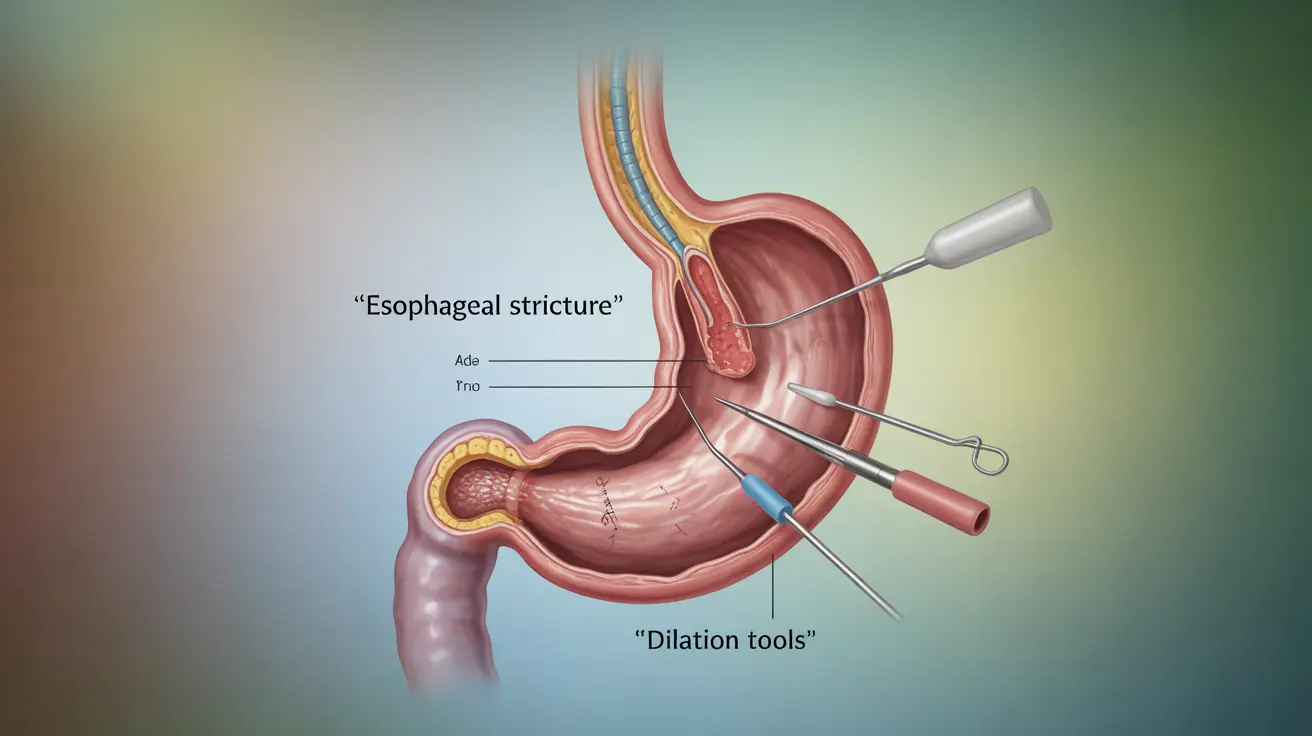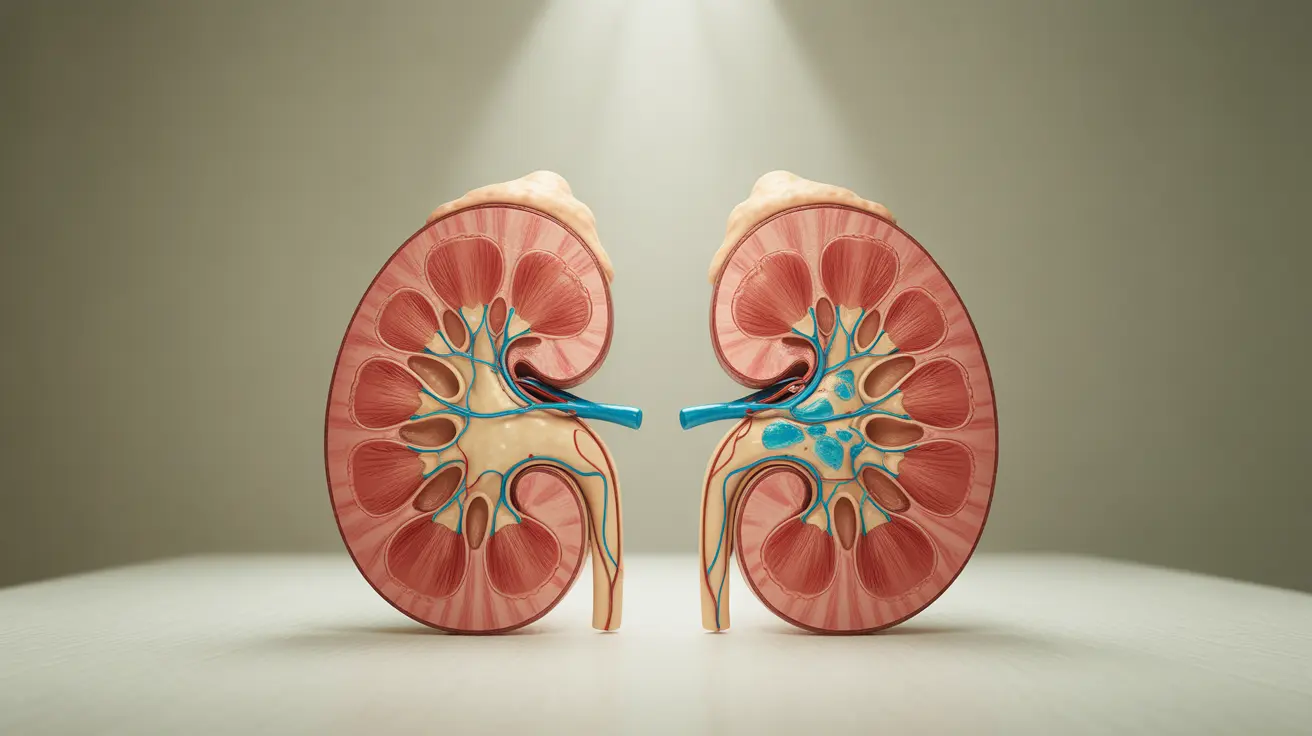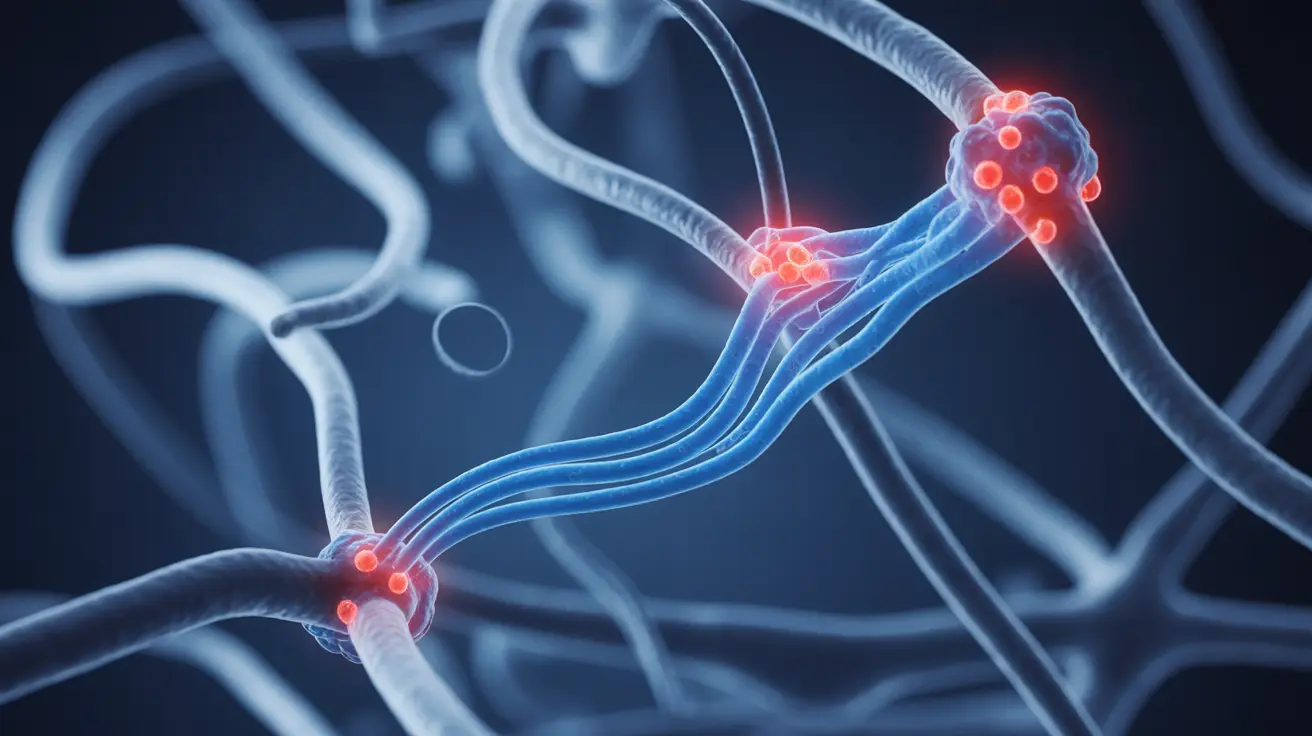The language we use in addiction recovery plays a crucial role in shaping perceptions, supporting healing, and reducing stigma. Understanding the distinction between being "sober" versus "clean" goes beyond mere semantics—it reflects deeper attitudes about recovery and affects how society views individuals on their healing journey.
This comprehensive guide explores the important differences between these terms, their impact on recovery, and why choosing respectful, person-centered language matters in supporting lasting recovery.
The Language of Recovery: Understanding Key Terms
The terms "sober" and "clean" carry different connotations and implications within recovery communities. While both describe abstinence from substances, their underlying messages can significantly impact how people view themselves and others in recovery.
The Problem with "Clean" Terminology
Using the term "clean" inadvertently suggests that individuals struggling with substance use are "dirty" or "unclean." This language can perpetuate shame and stigma, creating unnecessary barriers to seeking help and maintaining recovery.
The binary nature of "clean" versus "dirty" oversimplifies the complex nature of addiction and recovery, potentially undermining the understanding of recovery as a continuous journey rather than a fixed state.
The Benefits of Using "Sober" Language
The term "sober" offers a more neutral, factual description of someone's relationship with substances. It acknowledges the reality of substance use without moral judgment, focusing instead on the present state and choices of the individual.
Creating an Inclusive Recovery Environment
Using "sober" terminology helps create a more welcoming and supportive environment for people at all stages of their recovery journey. This approach recognizes that recovery paths are unique and valid, whether they include medication-assisted treatment, therapy, or other support methods.
The Role of Language in Recovery Success
The words we choose can significantly impact recovery outcomes by influencing self-perception, motivation, and social support. Positive, non-stigmatizing language helps build confidence and resilience while fostering a more understanding and supportive community.
Building a Supportive Recovery Community
When recovery communities adopt more inclusive and respectful language, they create environments where individuals feel more comfortable seeking help, sharing their experiences, and maintaining their recovery journey long-term.
Frequently Asked Questions
What's the difference between being "clean" and "sober" in substance recovery?
Being "sober" refers to maintaining abstinence from substances without judgment, while "clean" carries potentially stigmatizing implications suggesting that substance use makes someone "dirty." The term "sober" is more neutral and supportive of various recovery paths.
How does using the term "sober" instead of "clean" impact recovery stigma?
Using "sober" helps reduce stigma by avoiding moral judgments and negative connotations associated with substance use. This shift in language can make it easier for individuals to seek help and maintain their recovery journey without shame or judgment.
Are there any health benefits to being sober versus just abstaining from specific substances?
Sobriety often involves a holistic approach to wellness, including mental health support, lifestyle changes, and developing healthy coping mechanisms. This comprehensive approach typically leads to better overall health outcomes compared to simple abstinence.
Can prescribed medications like anti-anxiety drugs be part of a sober recovery plan?
Yes, prescribed medications can be an important part of a sober recovery plan. Using prescribed medications as directed by a healthcare provider is consistent with sobriety, as it supports overall health and well-being while managing specific medical conditions.
How does a holistic approach to sobriety differ from just avoiding substances?
A holistic approach to sobriety encompasses physical, mental, and emotional well-being, including lifestyle changes, therapy, support groups, and personal growth. This differs from simple abstinence by addressing the underlying causes of substance use and developing comprehensive coping strategies.




